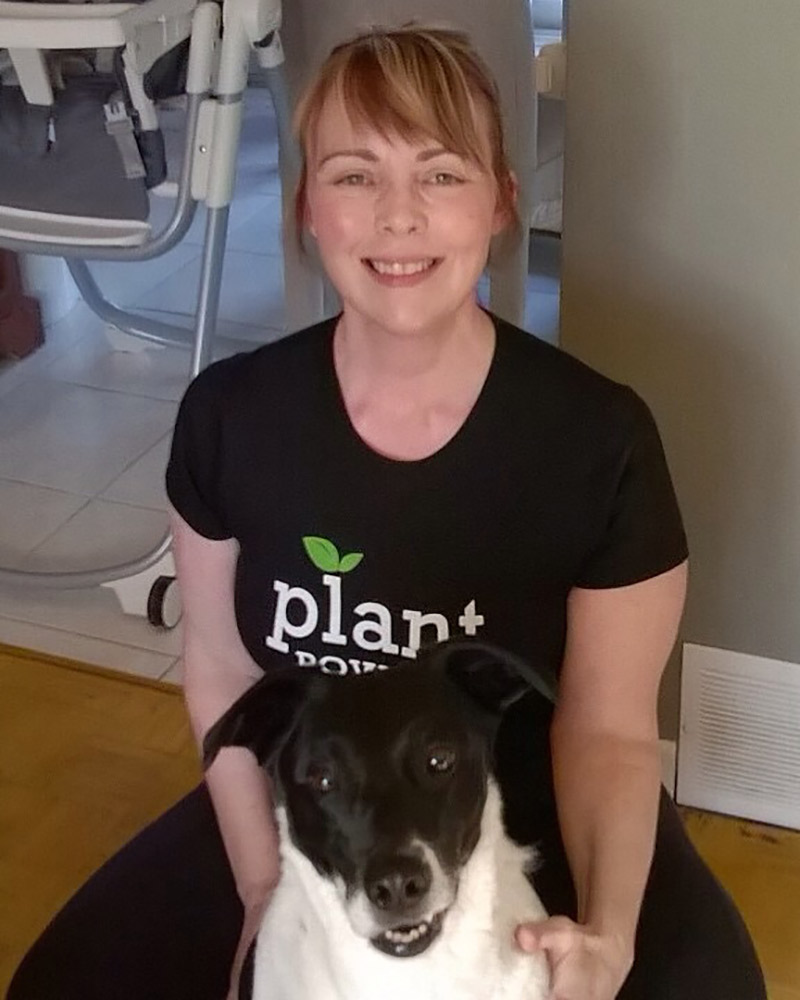Amy Fitzgerald

Amy Fitzgerald is currently a Professor of Criminology in the Department of Sociology, Anthropology & Criminology at the University of Windsor in Ontario, Canada. Amy writes:
I received a grant that allowed me to examine the few shelters in the US at the time that had programs to shelter the companion animals of survivors of intimate partner violence (IPV) on the grounds of shelters for abused women. I was able to gather information about how these programs had been developed, what the advantages of co-sheltering are, and what challenges these shelters encountered in implementing these programs.
I subsequently built upon this foundation and successfully applied for a Social Sciences and Humanities Research Council grant here in Canada to examine the co-occurrence of animal abuse and IPV in the Canadian context, with a specific focus on how the inability to bring companion animals to shelters impacts the help-seeking behavior of abused women. When asked if they would have left their partner earlier if they could have brought their companion animal(s) with them to shelter, approximately almost half of our sample of abused women in shelters indicated that it was likely or extremely likely that they would have. We also surveyed staff in shelters for abused women about their awareness of the co-occurrence of animal abuse and IPV, as well as their receptiveness to co-sheltering survivors and their animal companions.
In addition, we found that animals in homes where there is violence are at significant risk of being abused. Lastly, our research indicates that a large proportion of abused women put their own safety at risk by delaying leaving their abuser due to concern for their pets, in some cases refusing to go to shelter at all, and in others considering returning to an abuser because he has their companion animal. Building on this work, my latest project examines reports of animal abuse by abusive partners among a representative sample of the Canadian public not in shelters.

